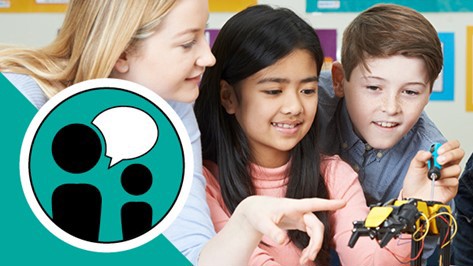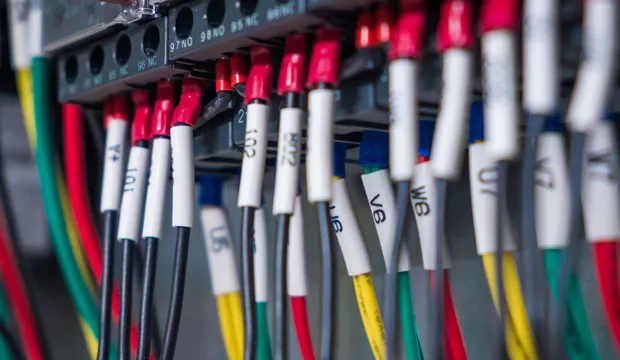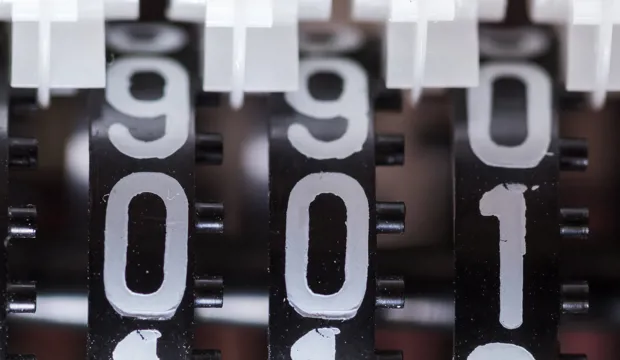
Develop a programmable counter
Investigate a decade counter circuit and compare it to a programmable counter
Some people enjoy taking part in quizzes in their spare time. Keeping an accurate score of points gained by each team, or player, is important when deciding who the overall winner is. Programmable counter systems can be used to do this quickly and easily and reduce the likelihood of human error.
Can you use the BBC micro:bit to develop a programmable counter that can be used to keep score during a quiz?
Activity: Develop a programmable counter
This resource is part of a collection that supports using the BBC micro:bit for Design and Technology lessons.
In this activity, students will investigate a decade counter circuit. They will then compare the operation of this to their programmable counter.
Learners may need to recap basic circuit symbols and the use of circuit diagrams before attempting this activity.
If students have not used circuit simulation software previously, they may benefit from a teacher demonstration of this. Any circuit simulation software that is available in school and that supports decade counters can be used. Popular examples are Circuit Wizard and Yenka.
The teacher may need to check the circuits drawn by learners prior to them testing the circuits, to ensure that they have been correctly drawn, and therefore the test results are accurate.
If learners encounter switch bounce they could investigate the issue further and look at ways to reduce it.
This is an ideal exercise for learners to develop their technical knowledge related to the use of decade counters in electronics and compare their operation to similar programmable systems.
How long will this activity take?
This is a quick and simple activity that will take approximately 20 minutes to complete.
Tools/resources required
- Projector/Whiteboard
- Exercise books or folders
- Circuit simulation software (e.g. Circuit Wizard, Yenka etc.)
What is the BBC micro:bit?
The BBC micro:bit is a small, programmable computer that was designed for education purposes. It was developed by the BBC in partnership with several technology companies, including Microsoft and ARM. The micro:bit features an LED display, buttons, sensors, and Bluetooth connectivity, making it a versatile tool for teaching programming, electronics and other STEM subjects. It is popular in schools around the world and has been used to create a wide range of projects, from simple games to complex robotics. The micro:bit is also affordable and accessible, with many free resources and tutorials available online for students and teachers to use.
Suggested learning outcomes
By the end of this activity students will be able to simulate and test the operation of a decade counter circuit and they will be able to compare and contrast hardware based electronic counters with programmable counters.
Download the free activity sheets below!
All activity sheets and supporting resources are free to download, and all the documents are fully editable, so you can tailor them to your students’ and your schools’ needs.
The activity sheet includes teacher notes, guidance, useful web links, and links (where appropriate) to the national curriculum in each of the four devolved UK nations; England, Northern Ireland, Scotland and Wales.
Please share your classroom learning highlights with us @IETeducation.




